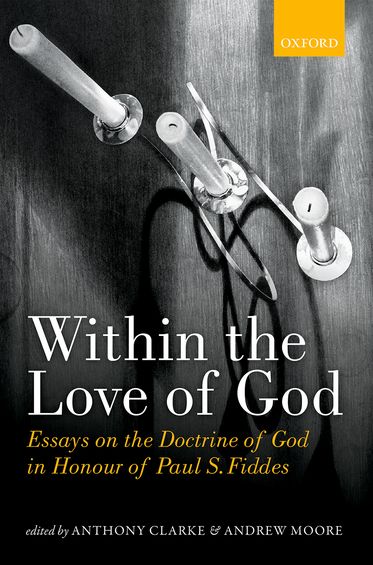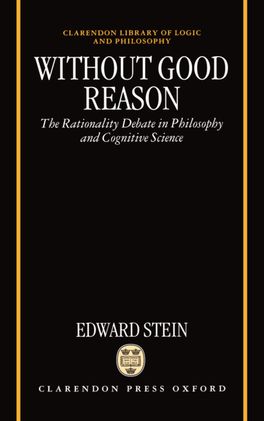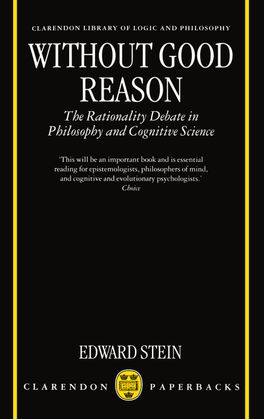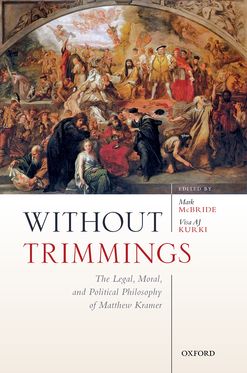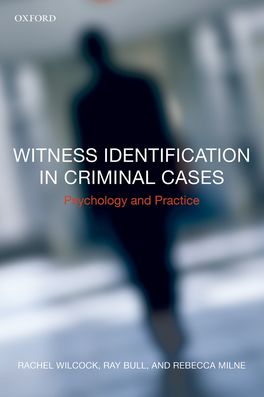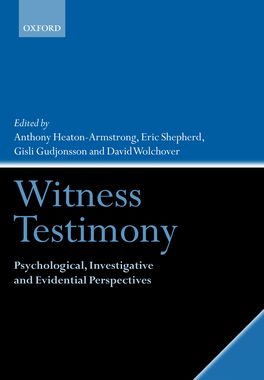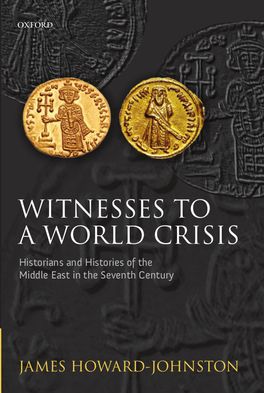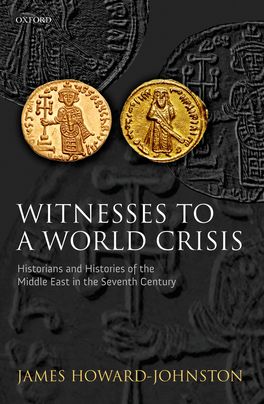You have no items in your shopping cart.
Filter by attributes
- Audience
Oxford University Press
Within the Love of God
This book is a Festschrift in Professor Fiddes's honour. The theme of the book is the doctrine of God which, although central to Christian theology, is not often addressed directly in contemporary scholarship. It includes chapters on biblical themes, God's relatedness to the world, and forms of human experience.
$307.00
Within Walls
A history of private life in the German Democratic Republic, showing how the private sphere assumed central importance in the GDR from the very outset, and revealing the myriad ways in which privacy was expressed, staged and defended by citizens living in a communist society.
$89.95
Without Good Reason
Are humans rational? Various experiments performed over the last several decades have been interpreted as showing that humans are irrational; certain philosophers, on the other hand, have argued that it is a conceptual truth that humans must be rational. Without Good Reason offers a clear critical account of the rationality debate in philosophy and cognitive science, concluding that the question of human rationality is indeed an empirical one not a conceptual one.
$265.00
Without Good Reason
Without Good Reason offers a clear critical account of the debate in philosophy and cognitive science about whether humans are rational. Various experiments performed over the last several decades have been interpreted as showing that humans are irrational; certain philosophers, on the other hand, have argued that it is a conceptual truth that humans must be rational. Edward Stein concludes that the question of human rationality should be answered not conceptually but empirically: the resources of a fully developed cognitive science need to be used not only to answer this question but generally in investigations of the nature of human knowledge and understanding.
$102.95
Without Trimmings The Legal, Moral, and Political Philosophy of Matthew Krame
Professor Matthew Kramer is one of the most important legal philosophers of our time. This collection of essays brings together esteemed philosophers and junior scholars, to critically assess Kramer's philosophy. The contributions focus on Kramer's work on legal philosophy, metaethics, normative ethics, and political philosophy.
$205.00
Witness Identification in Criminal Cases
This book provides a review of recent empirical psychological research findings relating to criminal identification. It offers police professionals and students studying in related areas a book that will inform them about the psychology involved in identification.
$131.95
Witness Testimony
Testimonial evidence remains the greatest source of information available to those who try cases in court. Witness Testimony: Psychological, Investigative, and Evidential Perspectives provides a comprehensive and easily accessible guide to the decision-making and actions of the complete spectrum of practitioner involvement in the criminal justice process, right from initial investigation through to courtroom proceedings. Logically divided into three parts, it discusses in turn each of the three, inter-related perspectives upon a witness' account; psychological, investigative, and evidential.
$283.00
Witnesses to a World Crisis
The first history of the formative phase of Islam to be grounded in important non-Islamic as well as Islamic sources, this book is essential reading for anyone wanting to understand Islam as a religion and political force, the modern Middle East, and the jihadist impulse, as evident today as it was in the 7th century.
$164.95
Witnesses to a World Crisis
The first history of the formative phase of Islam to be grounded in important non-Islamic as well as Islamic sources, this book is essential reading for anyone wanting to understand Islam as a religion and political force, the modern Middle East, and the jihadist impulse, as evident today as it was in the 7th century.
$471.00

